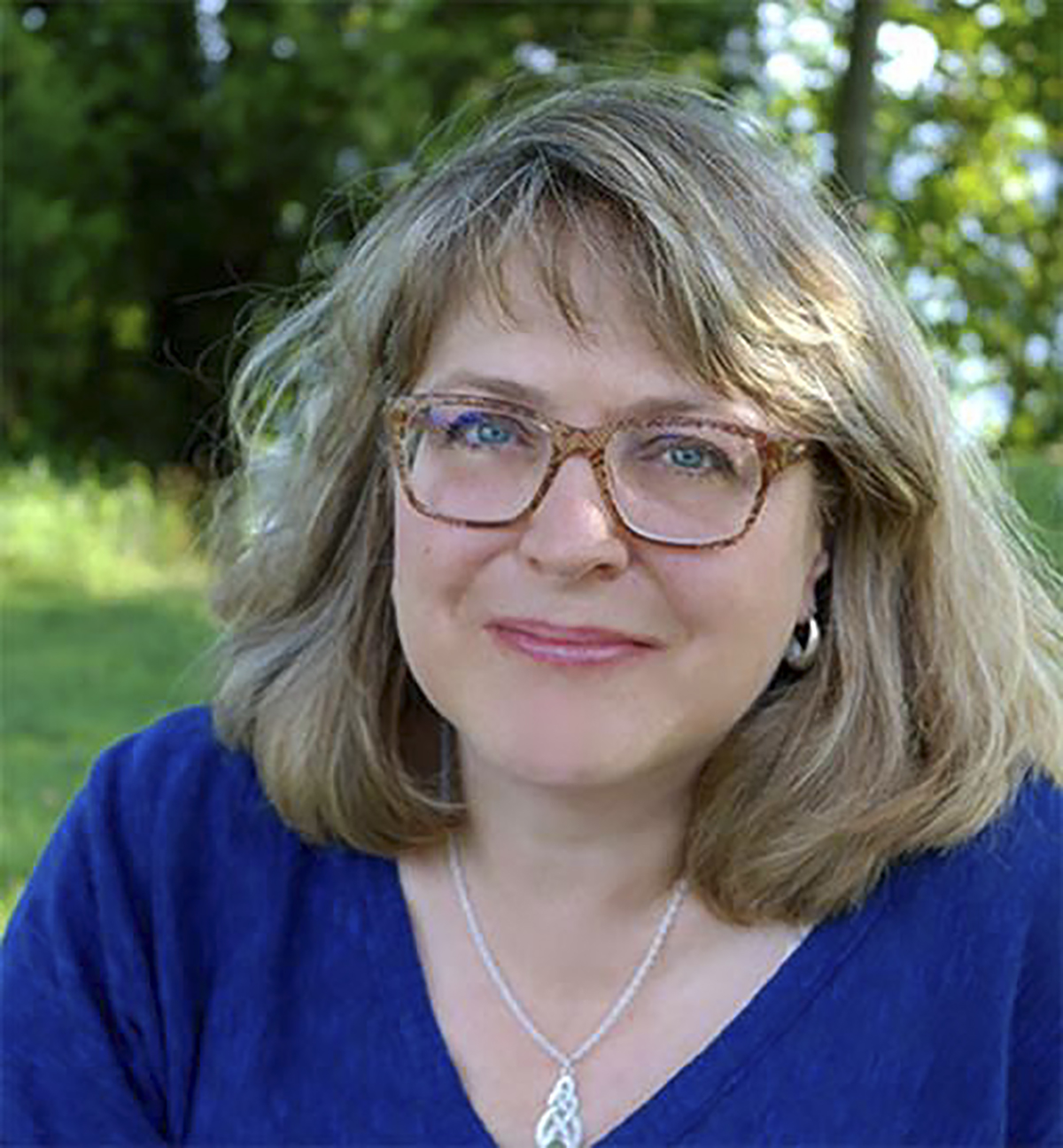At points in her life, Diana Butler Bass has been a practicing Methodist, Evangelical fundamentalist and Episcopalian — but today she’s a Christian who is always exploring new religious ideas.
Bass is a progressive speaker and highly acclaimed writer on American religion, and at 2 p.m. Monday in the Hall of Philosophy, she will give an Interfaith Lecture presenting her idea of “sacred cosmopolitanism,” which addresses the sacredness of the urban world in the 21st century.
Bass was fired from her dream job for doing nothing wrong.
At the time she was working as a theology professor at an evangelical Christian college. Bass said the president of the university told her: “You’re an amazing student and an amazing scholar. I’m literally just firing you because you don’t fit here.”
That was at a time when Bass thought the Evangelical faith was where she belonged, but it actually wasn’t what she was raised in.
Bass was born into a Methodist family but began to explore other faiths in her adolescence. After a couple years of intense spiritual searching, she wound up in what she said was “the craziest place of all”: a fundamentalist, evangelical Christian.
“My personal family life lacked any sense of order, and so I was really scared about the direction of society and I was also afraid of chaos,” Bass said. “So it was that fear that drove me into Evangelicalism because it offered certainty, clarity and order.”
After attending Gordon–Conwell Theological Seminary, Bass knew she wanted to be a woman who was theologically qualified to teach at an evangelical college. She received her Ph.D. in religious studies from Duke University, and later began the teaching job that she was eventually fired from.
Working as a professor of theology had been Bass’s plan for her entire young adult life. When she heard those words from her boss, Bass said she “literally didn’t know whether to laugh or cry.”
At this point in her life, Bass was “utterly terrified,” newly divorced and jobless with no plan for the future. She was confused how she didn’t fit in with the religion she’d dedicated her life to.
That’s when Bass found Trinity Episcopal Church, a community that became her home and where she felt a new sense of vocation. She’d been writing a column for the Santa Barbara News-Press, and other publications began to take interest in her writing as well.
Bass realized that writing about her spiritual exploration could be her new vocation.
“[My goal was] to really understand the beautiful or spiritual diversity in the American landscape and to appreciate it, and to significantly renovate theological ideas that I had been schooled in that were way too narrow and exclusive,” Bass said. “It was that time in the early mid-’90s when I literally lost the life that I had hoped to have, and then, by the time I was 40, had an entirely new future.”
Today Bass is still a member of Trinity Episcopal Church, but she’s also still exploring. Last year she started going to yoga classes at a nearby Methodist church, a practice that originates from Buddhist and Hindu traditions. She also started occasionally going to silent Quaker meetings, and said she is fascinated with how much silence can teach.
Bass currently serves on the board of Public Religion Research, and is the author of several books. Her lecture topic of sacred cosmopolitanism is featured in her most recent book, Grounded: Finding God in the World—A Spiritual Revolution, which was published in 2015.
“I really want to create a vision and conversation around spirituality that is so very deeply rooted that we just know and love and sense the power and beauty of wonder everywhere around us,” Bass said. “But yet at the same time, [one] that is also powerfully transformative in the political and social structures of the world.”
Since her first column in the Santa Barbara News-Press, Bass now comments on religion through media such as The Huffington Post, The Washington Post, USA Today and many more. Bass has received recognition for her work, including the Frank S. and Elizabeth D. Brewer Prize of the American Society of Church History.
In reflecting on all her writing, Bass said her husband, Richard Bass, believes her articles are all connected and part of one larger conversation on religion in America. She said Richard thinks she’s actually “writing one really long book.”
“I started writing this book when I was in graduate school, and it’s a book about the power of the spiritual life to transform institution and to give us a better way of living in the world,” Bass said. “It’s about transforming the church and it’s about transforming politics, and that’s the same thing I’ve been writing since 1990.”





